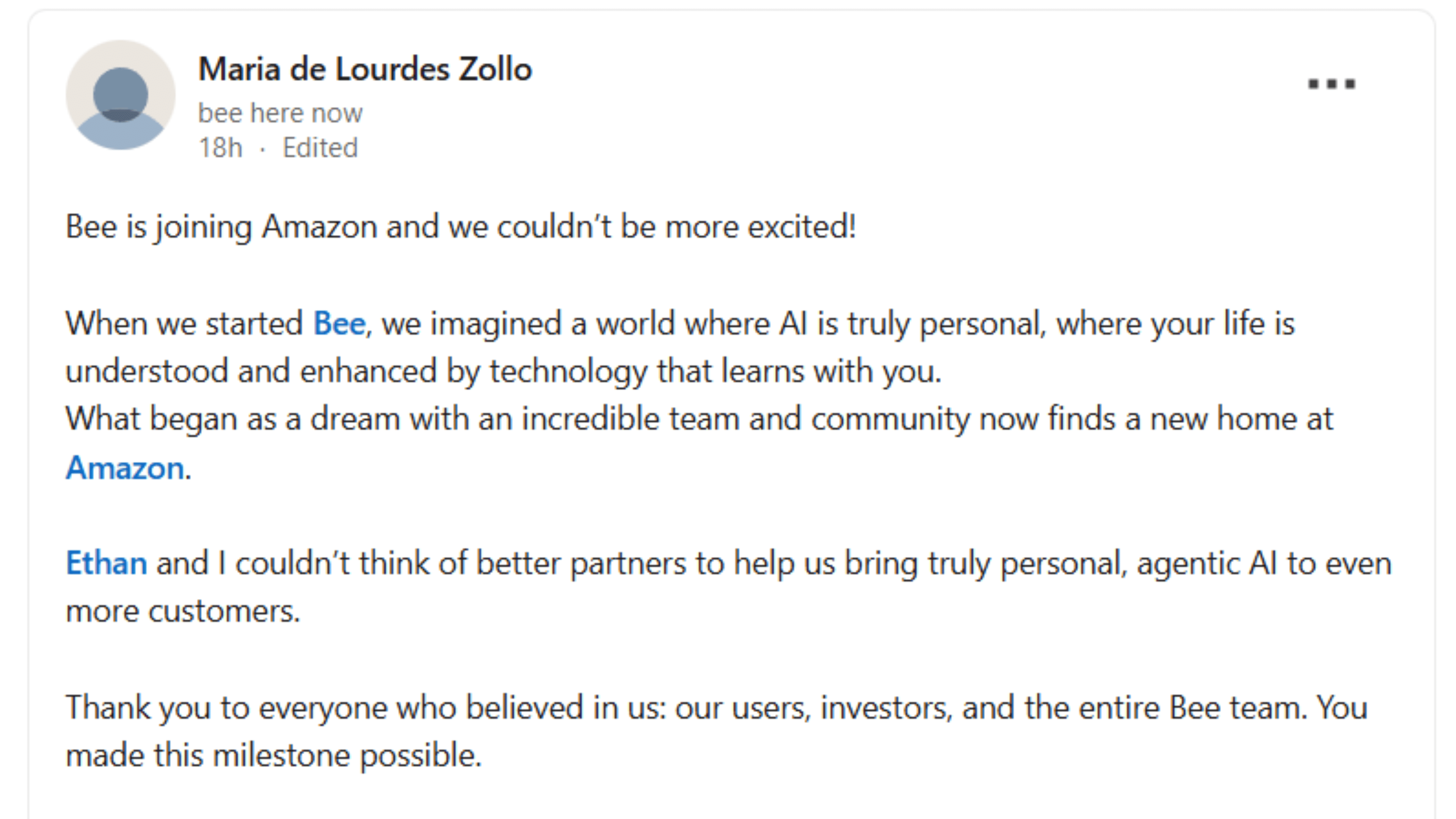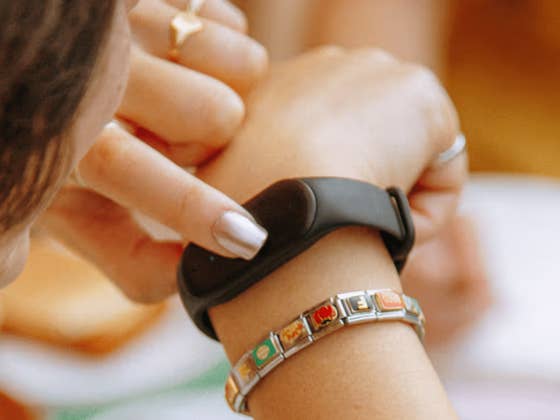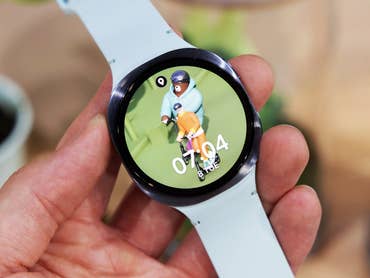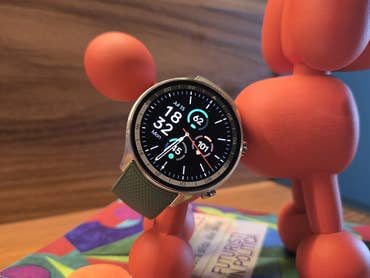Bee is still a little-known company, but it wants to make its mark on the AI assistant market. You know, those gadgets like the Rabbit R1 or the Humane AI Pin that have been near-total flops in recent years. In short, the idea is to improve your daily life in a non-invasive way by learning your needs and preferences via AI.
Except that Bee aims to be a more discreet and less expensive alternative. Its bracelet, the Bee Pioneer, sells for $49.99. Without a screen or many buttons, Bee’s AI bracelet looks like a harmless, low-tech product. But it’s nothing of the sort.
2 microphones that listen to you all the time
The Bee Pioneer is equipped with two microphones and lasts a week on a single charge. It records everything that’s said around you, unless you manually mute it. In the evening, it serves you a personalized summary of what you’ve done and what’s left to do, all based on your conversations.
All this is done via Bee’s companion app, for which you have to pay a monthly subscription fee of $19. Bee has not designed its own AI model. The bracelet simply transforms audio into text, which is then processed by third-party models. In other words, Bee makes the hardware, but delegates the brain.
And according to feedback from testers in the USA, the AI still struggles to distinguish real conversations from ambient noises such as TV or TikTok. The bracelet records everything and sometimes anything.
A talkative digital memory
Everything the bracelet records is stored as “memories” in a kind of digital memory or history. When you submit a prompt – ask a question – to the bracelet, you get answers in the Bee app based in part on this “digital memory.”
But Bee wants to go even further than that and turn its bracelet into a mirror of your smartphone. In other words, Bee wants to have access to your accounts and notifications. Currently, some of the features being tested allow you to read your notifications, receive reminders for important messages or events, write e-mails or tweets, and get on-demand shopping suggestions.
No doubt it’s features like these that drew Amazon into the equation.

Amazon and privacy, a fragile duo
Interviewed by The Verge, Amazon spokeswoman Alexandra Miller assures us that the firm “cares deeply about its customers’ privacy”. She promises that Amazon will work with Bee to further strengthen user control once the takeover is finalized.
Amazon swears it has never sold its customers’ personal data. But with a history of sharing Ring videos with the police without consent, this statement is hard to convince. Particularly in the United States, where Amazon has already proved through deeds that its ambitions for omnipresence in its users’ lives know no bounds.
In 2021, the e-commerce giant launched Amazon Sidewalk, a shared wireless network that allows, for example, a camera or pet tracker to stay connected via neighboring Amazon devices. This system was activated by default unless manually de-registered.
Terms of the takeover remain confidential, but Bee employees have been offered the chance to join Amazon. The cloud and connected speaker giant is thus expanding its playground into AI wearables. One question remains: how far are we willing to go to gain comfort… at the cost of being constantly listened to?




